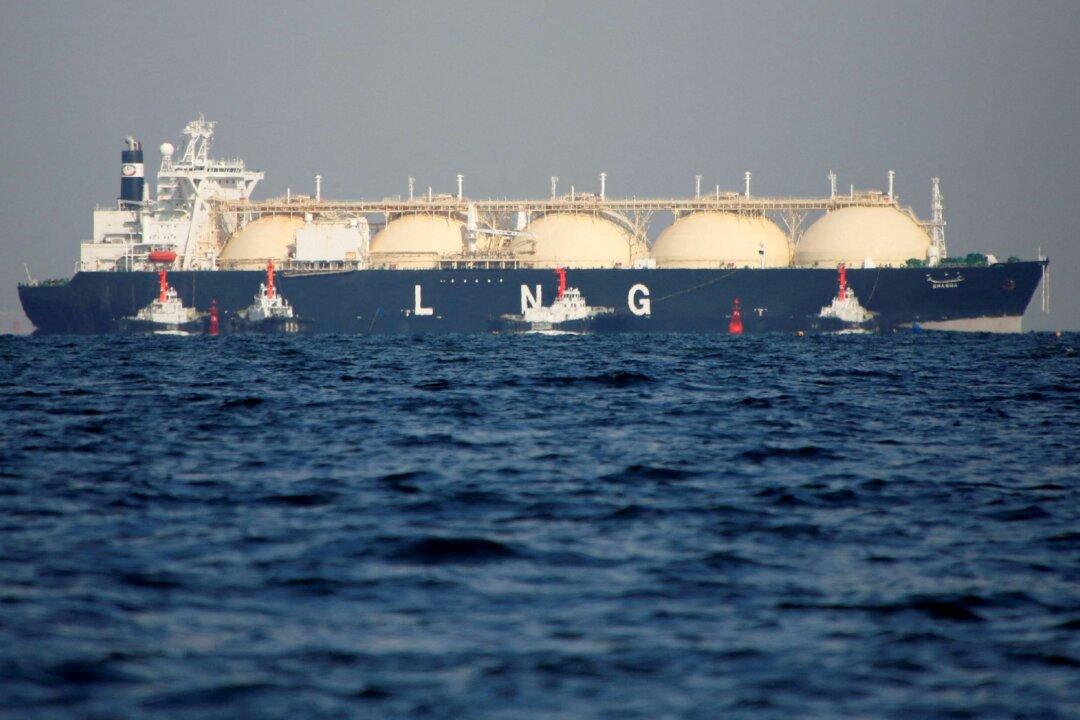Japan, the leading importer of liquefied natural gas (LNG), is warning about supplies getting tighter over the coming years due to competitive markets and underinvestment in supply.
Long-term LNG contracts prior to 2026 have all been sold out, a survey of Japanese firms by the country’s trade ministry has found. “The LNG procurement environment has changed completely. Procurement can also be said to be in a state of war,” the companies said to the ministry, according to Business Insider. Such contracts are often the basis of reliable supply and stable prices for many years.





